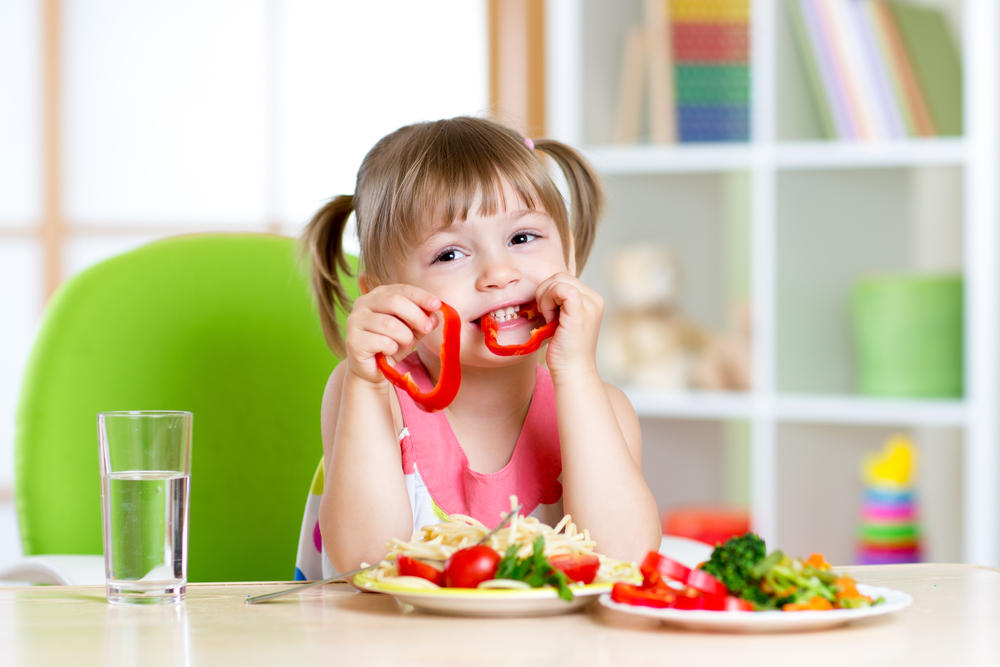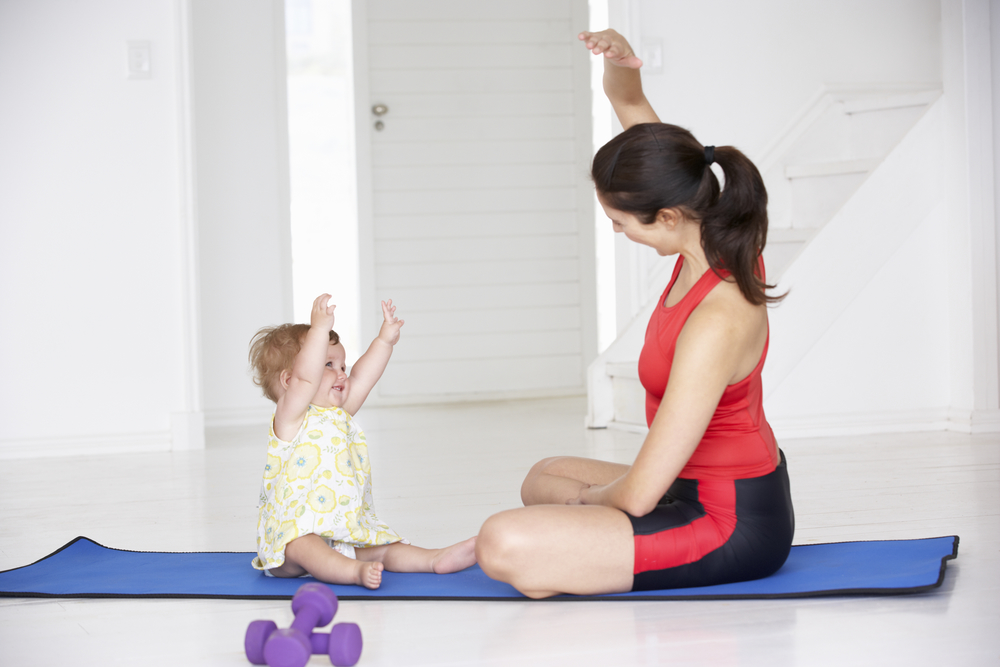It can be hard to know if your child is getting enough water during their day. On the other hand your child may be guzzling water to the point where you can’t keep track of how many cups you have filled up for them. How much your child drinks can vary from boy to girl, what age your child is, the weather, or even the activity level.
Children until their first birthday are usually on breastmilk or formula. Once they turn one then children get switched to whole milk. All children under the age of 2 should be on whole milk unless there is a weight gain issue.
Too much milk during the day when your child is over the age of 2 can cause your child to be iron deficient. Drinking milk throughout the day can also cause your child to be full from their milk which can cause them to not want to eat. A sloshing belly usually is not one that is willing to sit at the table and eat.
Children from the age one to nine should be drinking around two cups of water a day. One cup equals 8 ounces. Children ten and older should drink about three cups of milk, or 24 ounces of milk.
Milk is a good source of calcium which is important for children’s bone health.
Health Benefits Of Water
Water is essential for children. It helps aid digestion, and restore their fluids when they are very active. As they get older water will help maintain body temperature, lubricates joints, and protects tissues.
- Toddlers should drink 2-4 cups, or 16-32 ounces of water a day.
- Children 4-8 should have 5 cups.
- Children 9-13 years old should drink about 7-8 cups.
- Children 14 and up should drink between 8-11 cups.
The amount of water your child needs will depend on the activities they are doing. If they are on a sporting team they may require more than the general rule of water recommended.
Juice, sports drinks, and soda should be limited if not avoided completely. The amount of sugar in the drinks is a lot for children. Juice does give your child some vitamins that they need so it is ok some of the time, but shouldn’t be their main source of hydration.
Abnormal drinking may be a sign of something more serious.
Type 1 Diabetes
There are 200,000 children in the United States that have type one diabetes. Type 1 diabetes is an autoimmune disease that causes the pancreas to stop producing insulin. If left untreated type 1 can be life threatening.
Signs to keep an eye out for if you suspect type 1 diabetes the main one is frequent urination and bedwetting even in children who are potty trained. This frequent urination can cause your child to be up a lot at night having to go to the bathroom. This is because the kidneys are working overtime to flush out the excess sugar.
Another sign of type 1 diabetes is excessive thirst. Children who have type 1 diabetes may drink up to a gallon of water a day and never have their thirst quenched. This can be due to high blood sugar. High blood sugar can also cause your body to think that you are hungry right after a meal.
So a sign of type 1 diabetes is extreme hunger even after a meal. Fatigue after eating, blurry visions, unexplained weight loss even when eating full meals, fruity smelling breath, and mood swings are all signs of type 1 diabetes.
Drinking For Comfort
Some children comfort feed when they are infants. As they get older that habit can sometimes continue. Some children may drink their water as a comfort. Other children may make a habit of having milk right before bed. This can cause excess urine output too especially at nighttime which can make potty training difficult.
For nighttime bottles it may be best to start to decrease the amount of milk gradually. Reduce the amount of milk gradually by about 2 ounces a day. When you have reduced the nighttime bottle to about 3 ounces instead of giving your child milk, offer them water instead.
Dehydration
Dehydration can sneak up quickly in a child. Whether they have a gastrointestinal issue, such as vomiting or diarrhea, or they just have a tendency to not drink much dehydration can be life threatening in small children. Signs of dehydration are low energy, no urine output, dry lips, fussiness, cold skin, and increased heart rate.
Overhydration
Overhydration can also occur in children. Overhydration can cause a sodium imbalance in the body. A sodium imbalance can cause fatigue, nausea, vomiting, brain swelling, seizures, coma, or even death. Overhydration can cause low appetite or malnourishment.
Conclusion
Finding the right balance of liquid for your child can seem overwhelming.
Water and milk are the best option for your child. Juice is alright every once in a while to help get good nutrients and vitamins.
Too much milk can cause an iron deficiency in your child, as well as make them too full for meals.
Water is a great choice for your child. If they don’t like the taste of plain water you can add cucumber, or fruit in the water to help flavor the water without adding any extra sugar.
Is your child getting enough liquids? Know what the recommendations are and what warning signs to look out for! #HealthSurgeon
Sources:
https://www.webmd.com/parenting/guide/kids-healthy-hydration#:~:text=As%20a%20general%20rule%2C%20here’s,years%3A%207%20to%208%20cups
https://healthtalk.unchealthcare.org/8-signs-your-child-may-have-type-1-diabetes/#:~:text=Excessive%20thirst,because%20of%20high%20blood%20sugar.
https://www.interviewarea.com/frequently-asked-questions/what-is-habitual-drinking-in-toddlers
https://www.healthline.com/health/childrens-health/how-much-water-should-a-toddler-drink#bottom-line









